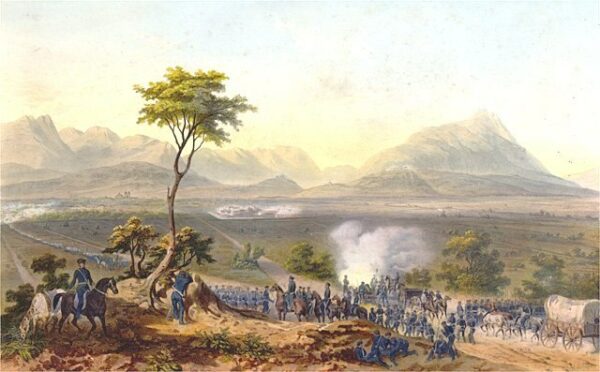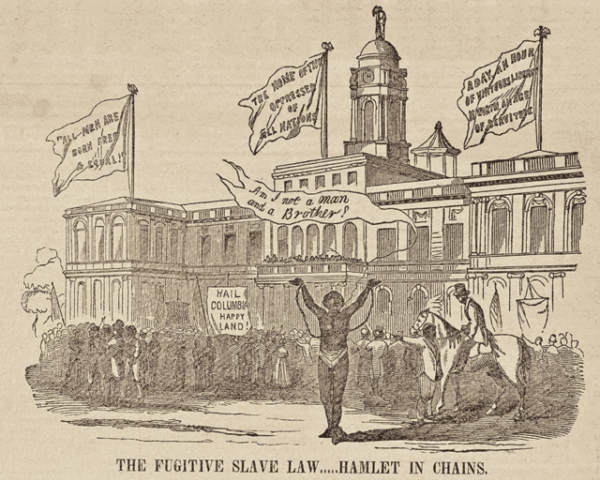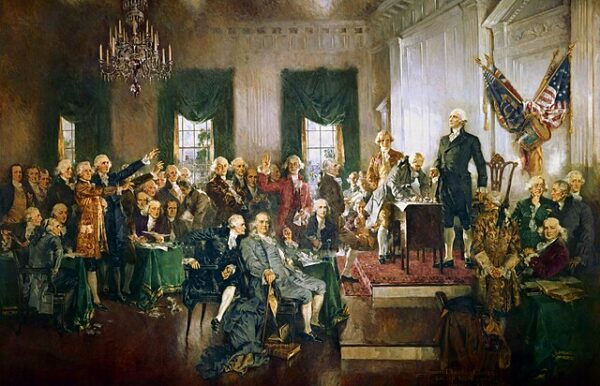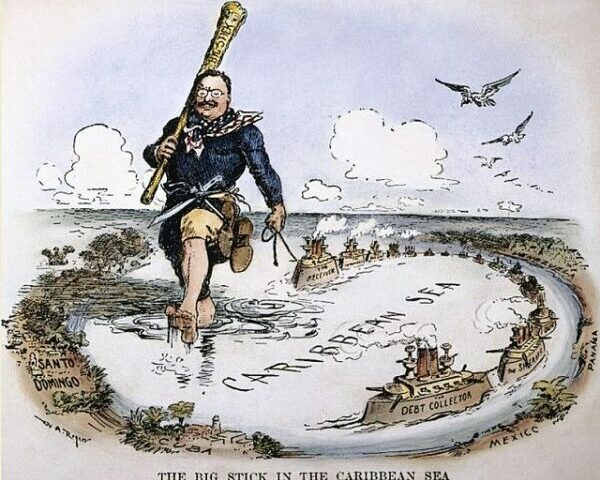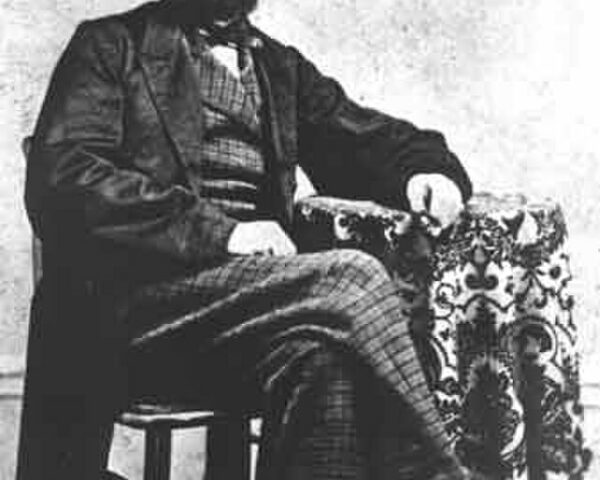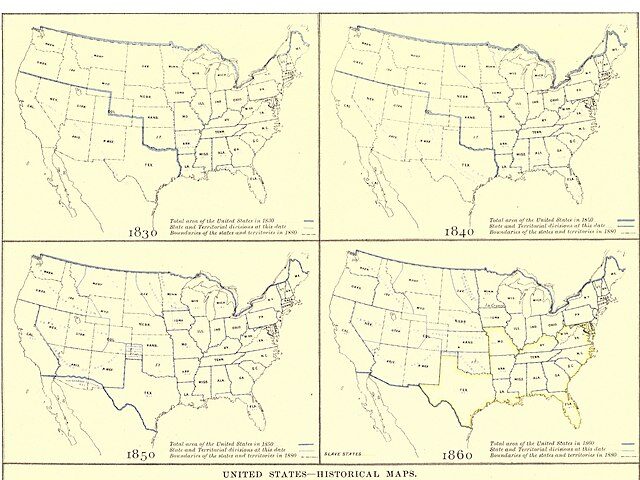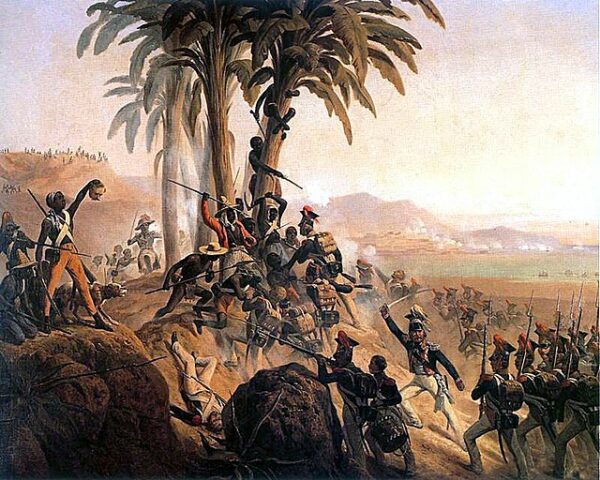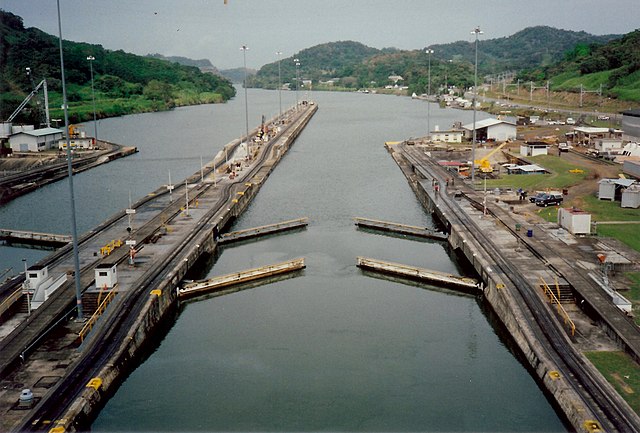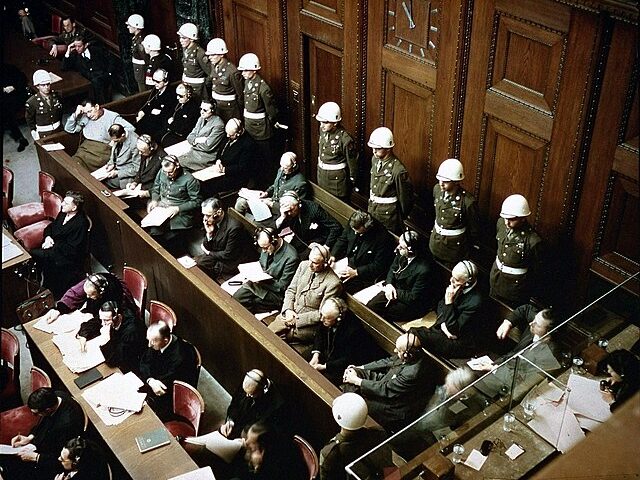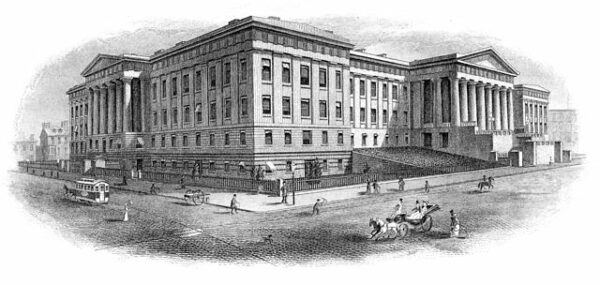On September 24, 1846, General Zachary Taylor successfully captured Monterrey during the Mexican-American War, marking a decisive victory for the United States in its campaign against Mexico. The capture of Monterrey was a turning point in the war, establishing Taylor’s military reputation and paving…
Read MoreOn September 18, 1850, the United States Congress passed and President Millard Fillmore signed into law the Fugitive Slave Act of 1850, one of the most divisive and consequential pieces of legislation in American history. As part of the Compromise of 1850—a fragile political…
Read MoreOn September 17, 1787, within the revered walls of Independence Hall in Philadelphia, Pennsylvania, leaders finished the work of creating what’s been called the greatest government ever devised. After several months of intense deliberation, the framers of the United States Constitution signed a document…
Read MoreOn September 2, 1901 one of the most famous foreign policy sayings in American history came out of the mouth of one of the nation’s legendary leaders. Just two weeks before ascending to the presidency, Roosevelt outlined a distinctive foreign policy approach that would…
Read MoreOn the late summer of 1859, the world of energy shifted dramatically toward petroleum. On August 27, 1859, Edwin L. Drake—working on behalf of the Seneca Oil Company (formerly the Pennsylvania Rock Oil Company)—succeeded where many before him had failed. Along Oil Creek near…
Read MoreOn August 23, 1784, a new nation was created just west of North Carolina. Merely a few years after the United States gained its independence, the short-lived Republic of Franklin was born, but it was also short-lived. “The previous April, the state of North…
Read MoreOn August 22, 1791, “The Pearl of the Antilles,” the French colony of Saint Domingue erupted in flames. The Haitain Revolution had begun as the enslaved held in bondage on the world wealthiest colony fought for their freedom. Spanning from 1791 to 1804, The…
Read MoreOn August 15, 1914, the world witnessed a monumental achievement in engineering and global trade with the official opening of the Panama Canal. The first vessel to navigate this vital new passage was the SS Ancon, a cargo ship that would forever be remembered…
Read MoreOn August 8, 1945 the United States, England, France and the Soviet Union joined together and signed the London Agreement, a new treaty to impose justice against the Nazis for their crimes. For two months during the summer of 1945, Robert H. Jackson and…
Read MoreOn July 31, 1790, the fledgling United States took a decisive step toward promoting innovation and industrial progress: it issued its first patent. The recipient was Samuel Hopkins of Philadelphia, who secured legal recognition for a novel process of making potash—an essential ingredient in…
Read More

